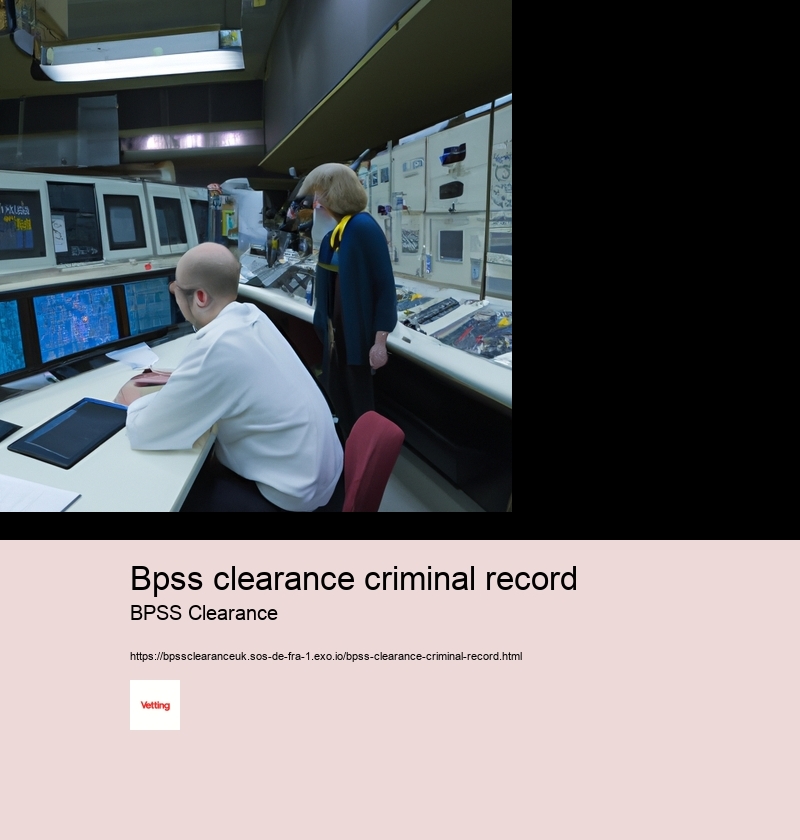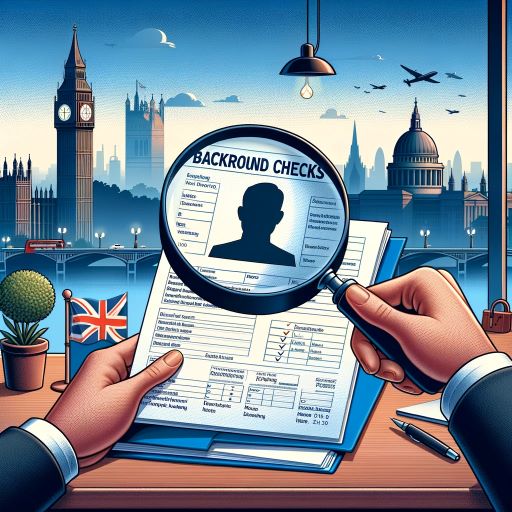bpss clearance criminal record
What does BPSS check for?
A key component of the BPSS check is the verification of documents, which can be time-consuming. Verifying identity and right to work involves checks against databases and sometimes contacting issuing authorities, especially if there are concerns over the authenticity of the documents.
A crucial part of the BPSS clearance is the criminal record check, which helps identify any unspent convictions the applicant may have. This information is critical in assessing whether an individual might pose a risk to national security or the safety of the public. By ensuring that employees do not have harmful criminal backgrounds, organizations can maintain a safe and secure working environment.
The process of conducting BPSS checks is systematic and standardized to ensure consistency and thoroughness. Employers or vetting agencies collect the necessary documents and information from the candidate, which are then meticulously verified against various databases and through direct contact with relevant institutions.



